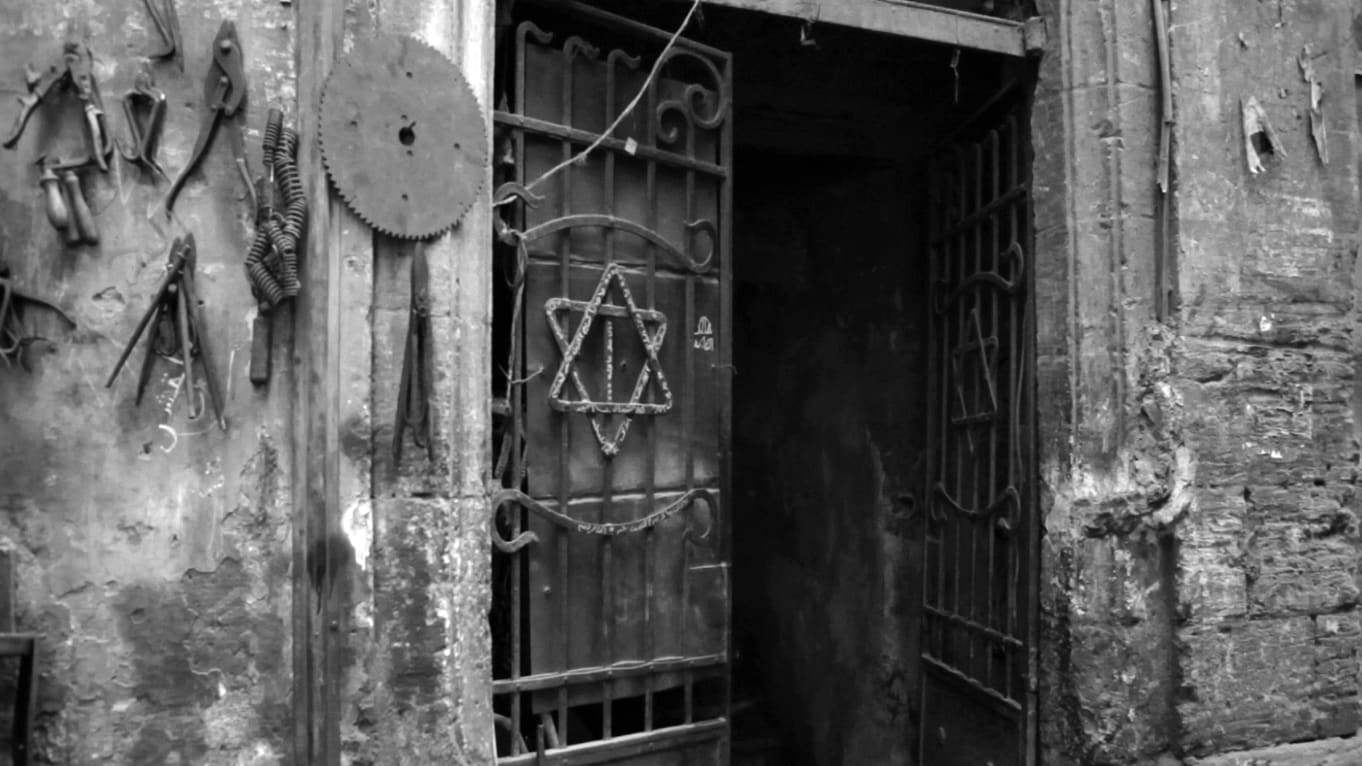Two deaths of prominent members of the Egyptian-Jewish community recently made it into the pages of local and international newspapers. Firstly, it was announced earlier in July 2019 that Cairo’s Jewish community has dropped to a mere five members, after Marcelle Haroun, mother of the Jewish Community in Cairo’s (JCC) current president Magda Haroun, passed away at the age of 93. Secondly, Egyptian-Jewish journalist and author Lucette Lagnado, many of whose writings revolve around her family’s longing to return to Egypt after they were forced to leave in the early 1960s, died on 10 July in Manhattan at 62. These recent losses provide a timely moment for introducing an Egyptian novel that portrays a Jewish-Egyptian experience, an Egypt of the 1930s through to the 1960s more specifically, from the perspective of a young Egyptian boy, whose mother is Jewish and whose father is Muslim. Penned by Egyptian author Kamal Ruhayyim, the original Arabic novel entitled Qulub munhaka; al-muslim al-yahudi was published back in 2004. The paperback edition of the English translation by Sarah Enany under review here, Diary of a Jewish Muslim, was published by the AUC Press’s imprint Hoopoe…



